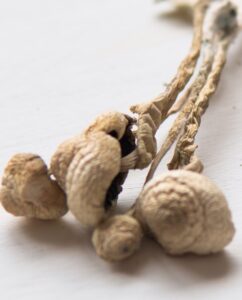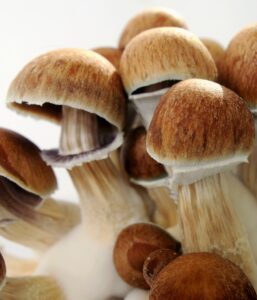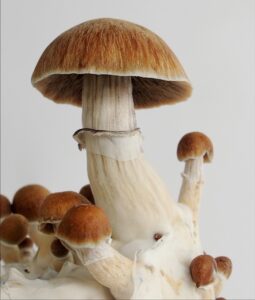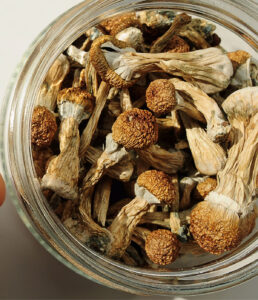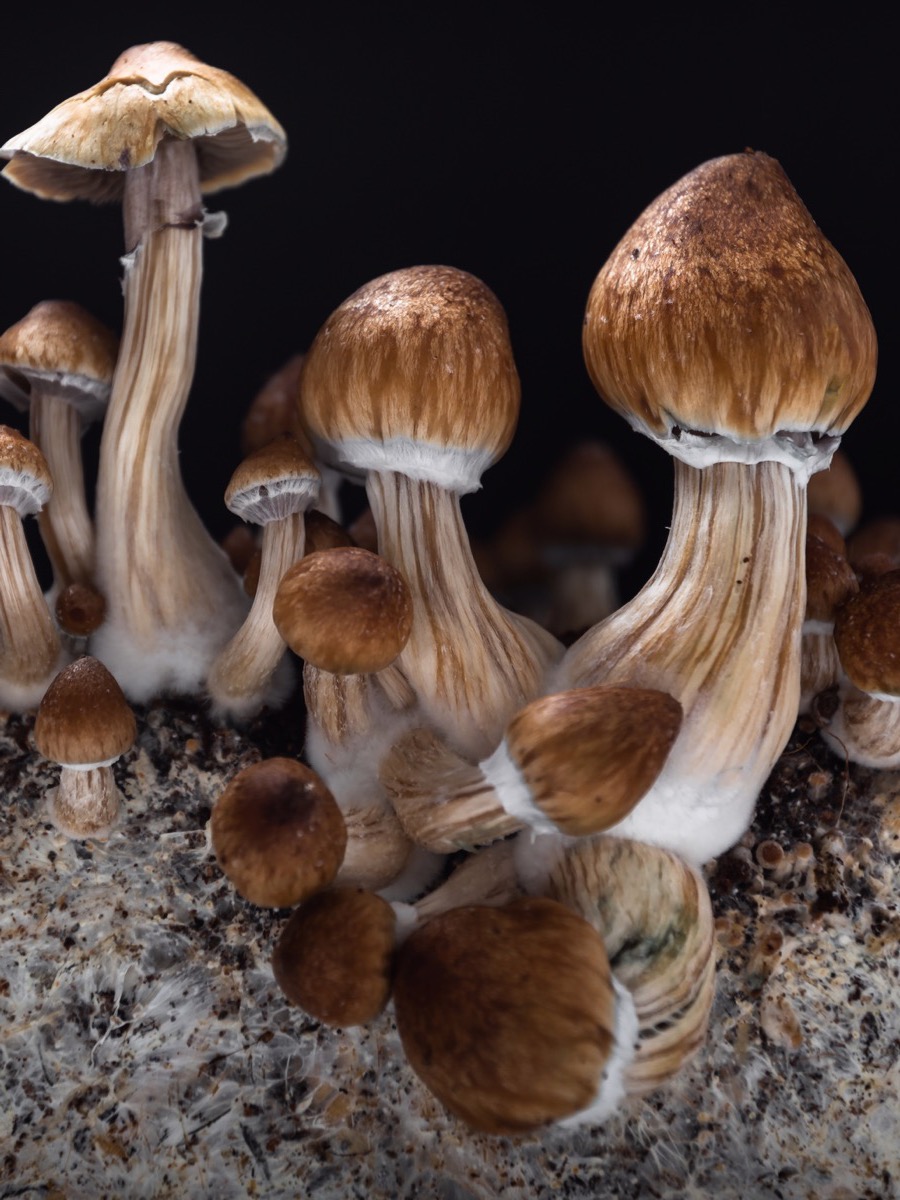
Summary of article, published in the Evidence Exchange Network, on March 27, 2023.
Researchers at the Centre for Addiction and Mental Health (CAMH) are currently conducting a clinical trial investigating the potential of psilocybin-assisted psychotherapy for the treatment of co-occurring major depression and alcohol use disorder (AUD). The study aims to explore the safety, feasibility, and efficacy of using psilocybin, the psychoactive compound found in hallucinogenic mushrooms, in conjunction with psychotherapy to address both disorders simultaneously.
The trial is groundbreaking, as it is the first of its kind to investigate the treatment of two distinct mental health conditions with psilocybin-assisted therapy. Major depression and AUD often co-occur, with each disorder exacerbating the other, making treatment more complicated. Traditional treatments, such as pharmacotherapy and cognitive-behavioral therapy, have limited success rates and high relapse rates in treating both conditions. Psilocybin-assisted therapy may offer a novel approach to address the underlying psychological factors contributing to these disorders.
The clinical trial will involve 20 participants with co-occurring major depression and AUD, who will undergo two psilocybin-assisted therapy sessions in a controlled setting. Participants will also receive psychological support before, during, and after the psilocybin sessions. Researchers will assess the participants’ depressive symptoms, alcohol use, and overall psychological well-being to evaluate the therapy’s impact.
The trial builds on previous research suggesting that psilocybin and other psychedelic substances may have therapeutic potential for various mental health conditions, including depression, anxiety, and PTSD. The U.S. Food and Drug Administration (FDA) has granted psilocybin “breakthrough therapy” designation for the treatment of major depressive disorder, highlighting its potential to provide significant benefits over existing treatments.
If the study demonstrates the safety and efficacy of psilocybin-assisted therapy for co-occurring major depression and AUD, it could pave the way for further research and the development of novel treatment approaches for individuals struggling with these conditions. The trial represents a significant step forward in understanding the potential therapeutic applications of psychedelic substances and their role in addressing complex mental health challenges.



